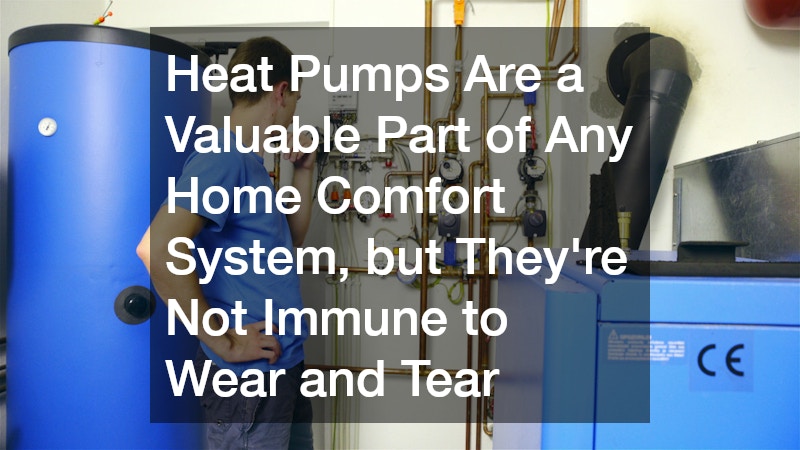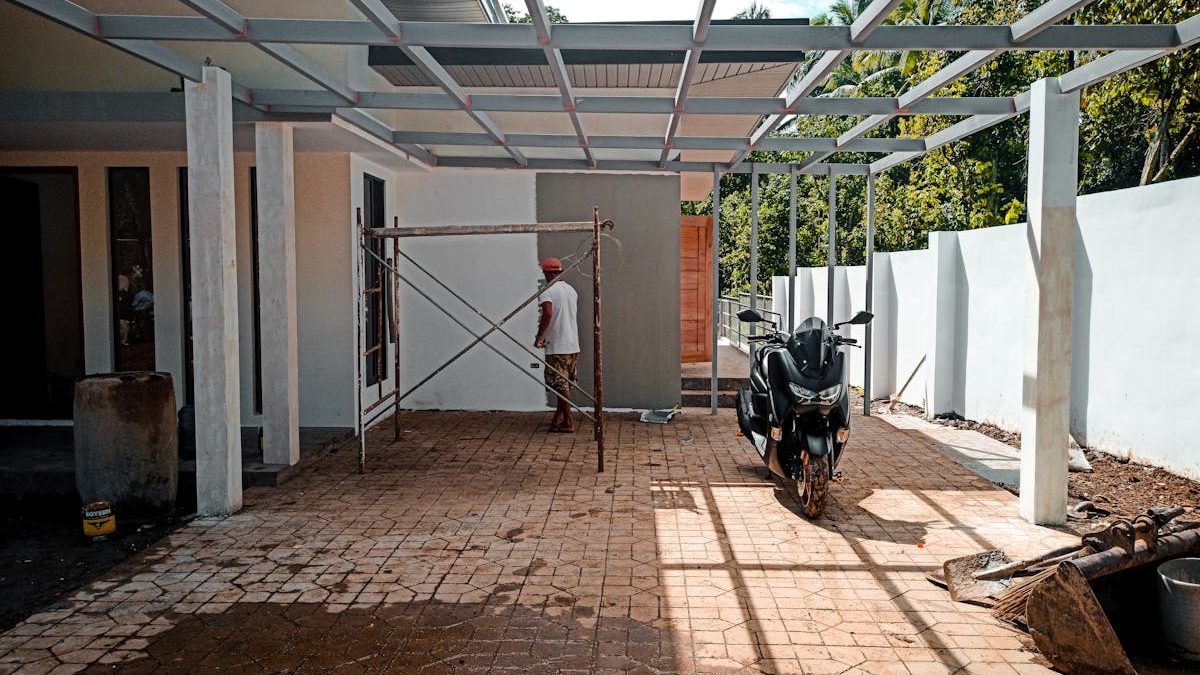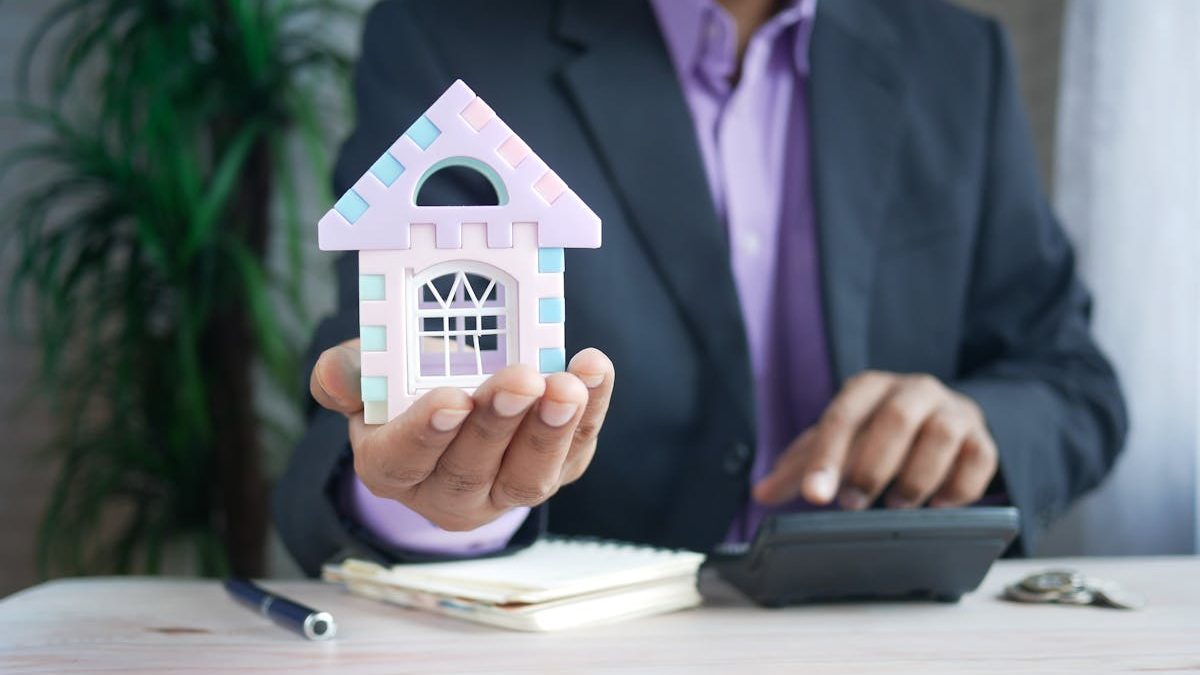
When Should You Call a Professional for Heat Pump Repair?
Heat pumps are an efficient way to heat and cool your home, especially in moderate climates. They’re known for their energy savings and year-round comfort, but like any mechanical system, heat pumps can experience issues over time. Some minor maintenance tasks can be handled by homeowners, such as changing filters or clearing debris from around the unit. However, there are certain situations where it’s best—and safest—to call in a professional for heat pump repair.
Knowing when to call a qualified technician can save you from costlier repairs down the road and help extend the life of your system. Below are some of the most common signs that it’s time to get expert help.
1. Weak Airflow or Poor Temperature Control
If your heat pump is running but the airflow feels weak or the temperature never quite reaches your setting, it could indicate a variety of problems. These range from a clogged air filter to failing blower motors or malfunctioning thermostats. While changing the filter might help, weak airflow often suggests a deeper issue within the system’s internal components that requires professional diagnosis. A technician can inspect the system, run diagnostics, and make necessary adjustments or replacements to restore proper airflow and temperature control.
2. Strange Noises During Operation
Heat pumps are designed to run fairly quietly. If you suddenly hear grinding, rattling, buzzing, or hissing sounds coming from your unit, that’s a red flag. These noises could point to loose parts, worn-out motors, electrical issues, or refrigerant leaks. Ignoring strange sounds can lead to serious damage over time. A professional will not only identify the source but also make sure the repair is done safely, minimizing risk to your system and household.
3. Ice Buildup on the Unit
It’s normal for a heat pump to develop a thin layer of frost during heating mode, but if you notice large chunks of ice forming on the outdoor unit—or if the unit remains frozen for long periods—it’s time to call for service. Prolonged ice buildup may indicate problems with the defrost cycle, low refrigerant levels, or poor airflow. Attempting to chip away at the ice or ignoring the issue altogether can damage the coils or fan blades. A technician can evaluate the defrost function and recharge refrigerant if needed, resolving the problem without causing further harm.
4. Short Cycling
Short cycling happens when your heat pump turns on and off rapidly in short bursts instead of running for normal cycles. This not only reduces energy efficiency but can also put a strain on components like compressors and relays. Short cycling may result from thermostat issues, refrigerant imbalances, or malfunctioning sensors—all of which should be handled by an HVAC expert. Continued operation without proper repairs can lead to a full system breakdown.
5. Rising Energy Bills
If your energy bills suddenly spike and you haven’t changed your thermostat settings or usage habits, your heat pump could be the culprit. A unit that’s struggling to perform efficiently will draw more power to try and maintain temperature, driving up costs. An HVAC professional can inspect the system for inefficiencies, check for duct leaks, and perform routine maintenance to restore your system’s performance. Scheduling a heat pump repair at this stage can save you money long-term.
6. Inconsistent Heating or Cooling Between Rooms
Heat pumps are designed to provide even temperature distribution throughout your home. If some rooms feel colder or hotter than others, the issue could lie in the ductwork, sensors, or zoning controls. While homeowners can close or open vents to adjust airflow, only a technician can accurately pinpoint whether the problem stems from a mechanical fault or poor system design.
7. System Won’t Turn On
If your heat pump won’t start at all, the issue could be as simple as a tripped breaker or something more serious like a failed capacitor, thermostat malfunction, or wiring problem. If basic troubleshooting doesn’t fix the issue, it’s time to call a professional. Trying to fix electrical components on your own can be dangerous and may void your warranty. A certified technician can safely diagnose and repair electrical issues to restore your heat pump’s operation.
Final Thoughts
Heat pumps are a valuable part of any home comfort system, but they’re not immune to wear and tear. While some maintenance tasks can be done yourself, it’s important to know when to call in a pro. Whether it’s strange noises, poor performance, or rising energy costs, timely heat pump repair can prevent small issues from turning into major expenses. Regular service and quick responses to warning signs help ensure that your system runs efficiently, reliably, and safely year-round.




